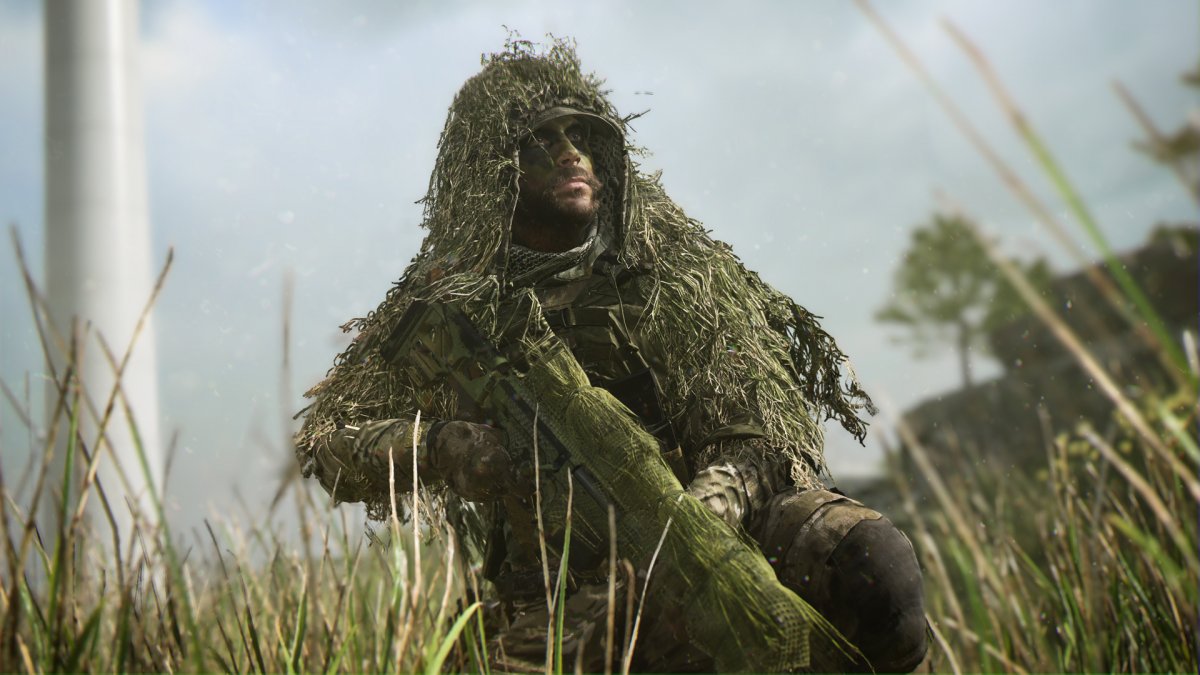In the fight against troublemakers in its “Call of Duty” games, Activision has blocked 500,000 accounts. That’s according to a blog entry from the “CoD” makers. The 500,000 accounts were “toxic” players, Activision writes. In addition to the 500,000 banned accounts, Activision reports 300,000 accounts were forcibly renamed because their player names included offensive elements.
Just under a year ago, the “Call of Duty” developer unveiled its “Ricochet” program, which bills itself as a comprehensive set of anti-cheat measures: This includes a team of human checkers, server algorithms for cheat detection, and a driver that fights cheats at the kernel level under Windows.
Cheaters and “Grievers
Since then, Activision has published multiple water level reports about banned cheaters. The now published number of 500,000 banned accounts, however, does not exclusively concern cheaters, but generally people who have attracted attention as “toxic” while playing. In addition to cheaters, this also includes players who have spoiled the fun for others through insults and other undesirable behavior. This figure shows how much of a problem game developers have with destructive community members.
Negative online gaming experiences discourage newcomers and, in the medium term, can lead to reduced player numbers and server extinction. This downward spiral is problematic for developers: their multiplayer titles are usually financed primarily through repeated additional payments from the active playerbase and are therefore expected to stay alive for as long as possible.
A phenomenon that frequently occurs in competitive multiplayer titles is, for example, so-called “griefing”. Frustrated players actively play into the hands of the opposing team by, for example, revealing the positions of teammates to their opponents or deliberately allowing themselves to be shot down repeatedly so that their own group loses the round.
New rules of conduct
To moderate chat and player names, “Call of Duty” uses automated systems in combination with human reviewers. In games like “Valorant” from “League of Legends” developer Riot Games, voice chats are also checked and moderated to prevent offensive behavior.
Rules of conduct, which Activision has now written down in its blog entry, are also intended to contribute to a more positive atmosphere in “Call of Duty” games. Other players are to be treated with respect, and the US publisher also wants more integrity in competitive gaming. Finally, Activision calls on its community to actively report violations of the rules of conduct.
Kernel driver against cheaters
Multiplayer titles like the “Call of Duty” games are also plagued by cheaters, who use wallhacks (seeing through walls) and aimbots (automatic aiming) to gain unfair advantages, for example. In the fight against this, many studios rely on anti-cheat tools, which often operate at the kernel level. Activision’s “Ricochet” tool is one of them, and “Valorant”, “PUBG” and “Apex Legends” are also protected against cheaters by kernel drivers. Only recently, Electronic Arts also announced its own kernel tool to fight cheaters, which is to celebrate its premiere in “FIFA 23”.
Such anti-cheat systems are regularly discussed in the communities: On the one hand they offer better protection against cheaters than other anti-cheat measures, on the other hand the comprehensive access rights on kernel level cause skepticism. The kernel driver of “Ricochet” is not automatically executed with the start of Windows, instead it starts together with the game. When the game is closed, the kernel driver closes as well.
Follow us and check out our social media accounts on Twitter, Facebook & YouTube ►
● on Twitter ► esport.directory
● Facebook ► esport.directory
● Youtube ► esport.directory
Call of Duty Tricks, Call of Duty Cheats, Call of Duty hacks, Call of Duty hacks 2023, Call of Duty paid Cheats, CallofDuty, Call of Duty TricksCall of Duty Trickshots, Call of Duty hacks, Call of Duty hacks free, Call of Duty hacks free 2023,




